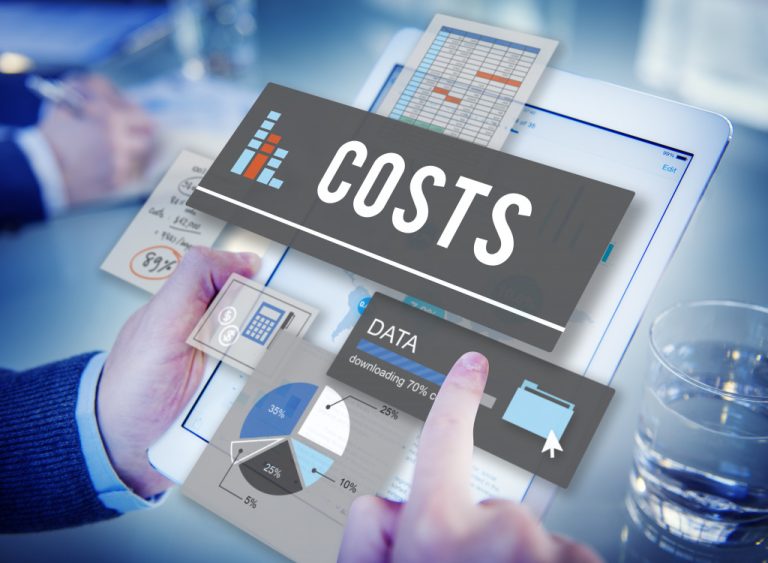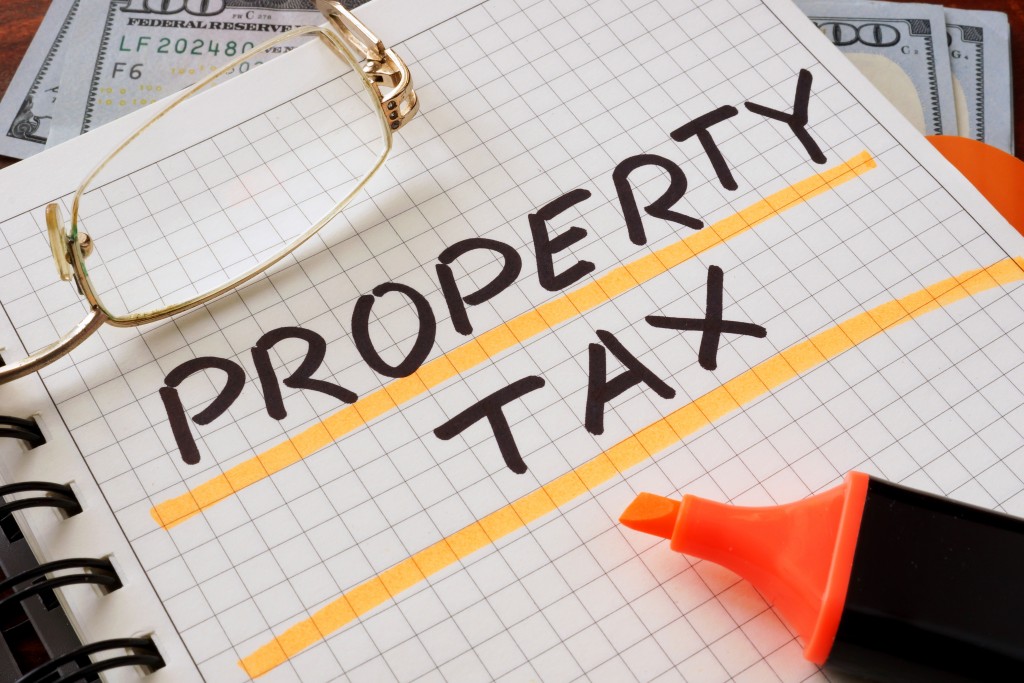Landlords are required to pay income taxes, just like any business owner. Whether you run a letting business or rent out your personal property, as long as being a landlord is your main job, you’re expected to file income tax returns periodically, declaring your profits and expenses.
If you’re a first-time landlord, working out your income taxes can be tricky. Hence, it’s advised that you hire a chartered accountant for landlords, who will help compute your taxable income.
But it would also be wise to be aware of how your income is being taxed. In this article, we’ll discuss how rental property taxes in the UK work, and your other responsibilities as a landlord.
Determining Rental Income
Other than the rent you receive, the payments for the services you provide for your tenants also count as your rental income. These include cleaning of communal areas, utility bills (water heating systems, internet, water, etc.), and repairs.
Non-refundable deposits are counted as rental income as well, and so will returnable deposits that are kept over after a tenancy has ended.
Deductions on Rental Income
Landlords can claim allowable expenses and allowances, both of which reduce their tax bill. Below are some examples of such:
- Council tax and utilities (water, gas, electricity)
- Landlord insurance
- Cost of services (e.g. maintenance costs) included in the rental contract
- Payments for letting agents
- Legal fees for short-term lets (one year or less) or for renewing less-than-50-year leases
- Accountant’s fees
- Service charges
- Phone calls, advertising, and other direct costs
These expenses must exclusively be a result of letting out your property. If your property has an ongoing buy-to-let mortgage, you may also claim some of its interest as your allowable expense.
As for your allowances, you may claim the costs of improving your property (e.g. renovation or expansion), and have your capital gains tax reduced when you sell it.
You may also claim tax relief, a.k.a. wear and tear allowance on anything you spend on replacing “domestic” items, such as appliances and furniture.
National Insurance Payments
If you run a property business, you’re required to pay a Class 2 National Insurance if your yearly profits are at least £6,475, and your responsibilities count as running a business. Examples of such are the following:
- Your main job is being a landlord
- More than one of your properties are being rented
- You’re buying more properties to let out
If your profits are below £6,475, you can make voluntary Class 2 National Insurance payments so that you can obtain the full State Pension.
If you personally own the property you’re letting, the first £1,000 of your rental income is tax-free. This is will count as your property allowance.
You also have a duty to file a Self Assessment tax return if your rental income is:
- £2,500 to £9,999 after allowable expenses, or;
- £10,000 or above before allowable expenses
Unpaid Taxes

You’d be charged with penalties if the HMRC discovers that you have unpaid taxes. But if you voluntarily report your taxes in arrears before the HMRC finds them out, your penalty charges can be lowered.
You’ll be given a disclosure reference number and a period of three months to compute how much you owe and to pay it.
Knowing all of these before starting your letting business will be immensely helpful. It ensures that you’ll have no issues complying with the laws, and makes it easier for you to identify the allowable deductions. Again, have a chartered accountant assist you always, because their expertise will also be useful in avoiding potential legal issues.
Stay updated with tax regulations as well. The fees may be a burden, but penalties aren’t worth it.










